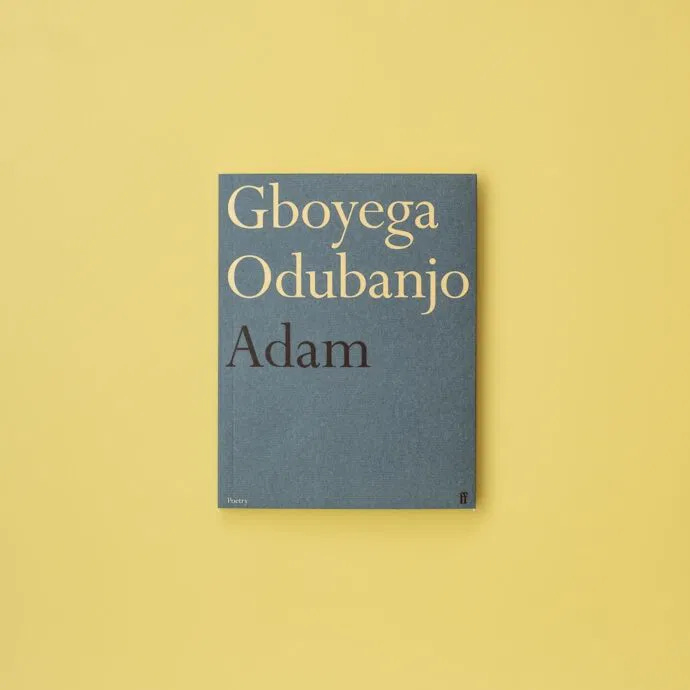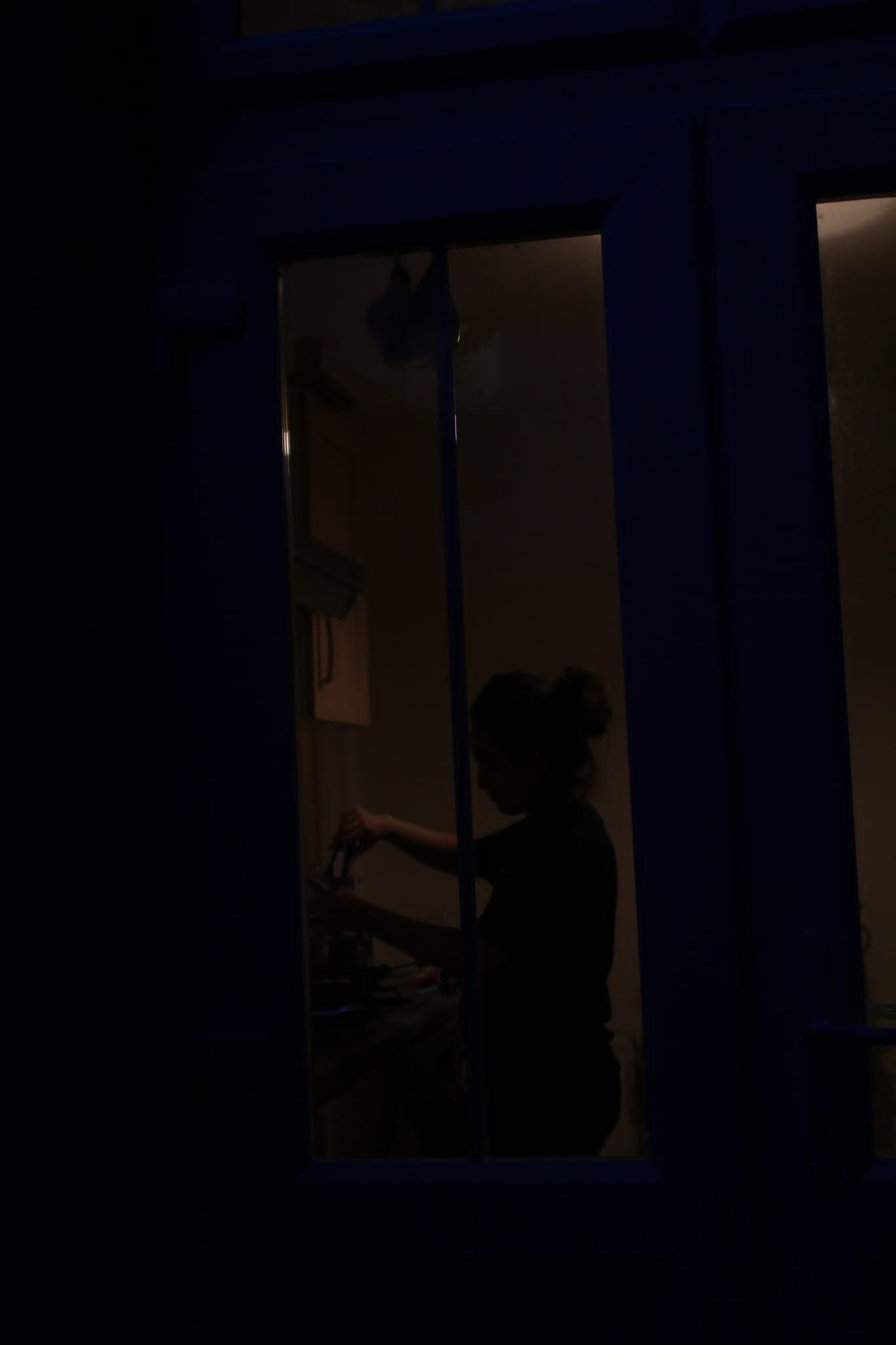For this edition of fragments, Tice Cin shares some reflections on the process of her community curating and launching Adam, her friend Gboyega Odubanjo’s debut poetry collection, the emotion of estate work and grieving together.
There are things we never want to do, but somehow, and with the right support, we become better able to. I have a community around me that was worn and rebuilt by grief. I know that a lot of pressure falls into the lap of someone grieving when there are jobs to do, but you haven’t the muscles for it at that time. These things take learning. We don’t learn because we want to, but we do learn. Since my friend passed, I’ve been able to learn from our community.
I’ve always had it in mind that someone’s legacy speaks for itself. We needn’t do too much. As guardians of our own memories, we can advocate for what we believe feels right in the moment. But first and foremost, our choices and actions after someone’s passing should be led by a communal commitment to allowing that individual’s life as they lived it, to lead the way.
I’ve always had it in mind that someone’s legacy speaks for itself. We needn’t do too much. As guardians of our own memories, we can advocate for what we believe feels right in the moment.
Our friend Mandisa directed a film in the wake of this great grief in our community. In a poem voiceover, they referred to symbols and signs they found whilst they were travelling as ‘totems’ (‘all your totems, all your touched objects’). I think that we are looking for these totems all of the time. Sometimes they help you to make a choice.
When we were on the editorial panel for Adam, the typescript was essentially finished by Gboyega. There were a couple of choices that typesetting brought to light that we weren’t sure how to make. We wanted to avoid making decisions on his behalf, and so we leaned into our own resources. We found guidance in emails he’d sent with PDFs of his poems, along with fleeting private exchanges about his hopes for his public work, and his outer worlds.
Part of my own self-compassion journey while supporting my friend’s estate has been in learning how to ask for help. I made WhatsApp group chats, numerous ones, in the time since we got the heartbreaking news, first when he went missing, and next when we found out he had passed. Sometimes the group chats would be me gathering people who I knew could help with admin. I’d add to the group description what I needed, and asked for new suggestions to the groups of anyone able to help in a thoughtful and sensitive way. It began to feel like we were a team, assessing everyone’s capacity and bringing in relief in the areas we needed it. Sometimes I’d post in a chat that I’d made for moral support, just asking for people to body double with me. All I needed was someone to sit with me while I worked out how to write a governing document for the UK charity commission. Jobs that had to be done alone and with focus, were still not done alone.
Part of my own self-compassion journey while supporting my friend’s estate has been in learning how to ask for help.
A lot of people want to set up charities or projects in the wake of their loved one’s passing, and for those who want to, there is a family of people who have been through that similar pain, out there and with some words that can help. I spoke with people who’d set up similar foundations to the Gboyega Odubanjo Foundation and heard things that I didn’t realise were essential, things as simple as ‘you need to choose trustees’, ‘you need to write a mission statement’, ‘you are doing really well’.
I learned that sometimes we couldn’t have privacy, and that was a sad realisation. But I found comfort in ultimately choosing with confidence how to share press statements and wider values straight from the source so there could be no room for doubt.
Thinking about the launch of Adam, we wanted to celebrate the tenets of the book that made Gboyega’s work so beautiful – his celebration of ends (usually East London), inquisitiveness towards boyhood/ being a man, his courage of linguistic play, care towards Yoruba tradition and more. Victoria Adukwei Bulley and I wanted the readers on the night to be British Nigerian, so that they could voice the poems in Adam. I searched through my personal audio archive of Gboyega’s readings. A sound designer and friend of our community Rei Sky came on board with love, supported by our friends Joe Kinwu, Zest the Blaack Hippy and dream beach. Sounds threaded poems together while another friend of ours, Kareem Parkins-Brown (also one of Gboyega’s first signings as editor at imprint Little Betty), did live Visual Jockeying, cueing in visuals that related to each poem as per his interpretation. The launch was in East London, of course. Gboyega’s editor Matthew introduced us with a speech on their work together on Adam. Victoria and I ushered in the poets. Friends recorded. Friends and family celebrated with love.
These are communities that grow, as readers join, as we talk to each other. I would love people to know that it is okay to ask for help. It is okay to learn as you go along and make mistakes. We are not perfect in our grief. Moving forward after grief becomes a process of world building, where the collective imagination our love affords takes us ahead, to somewhere of solace.







